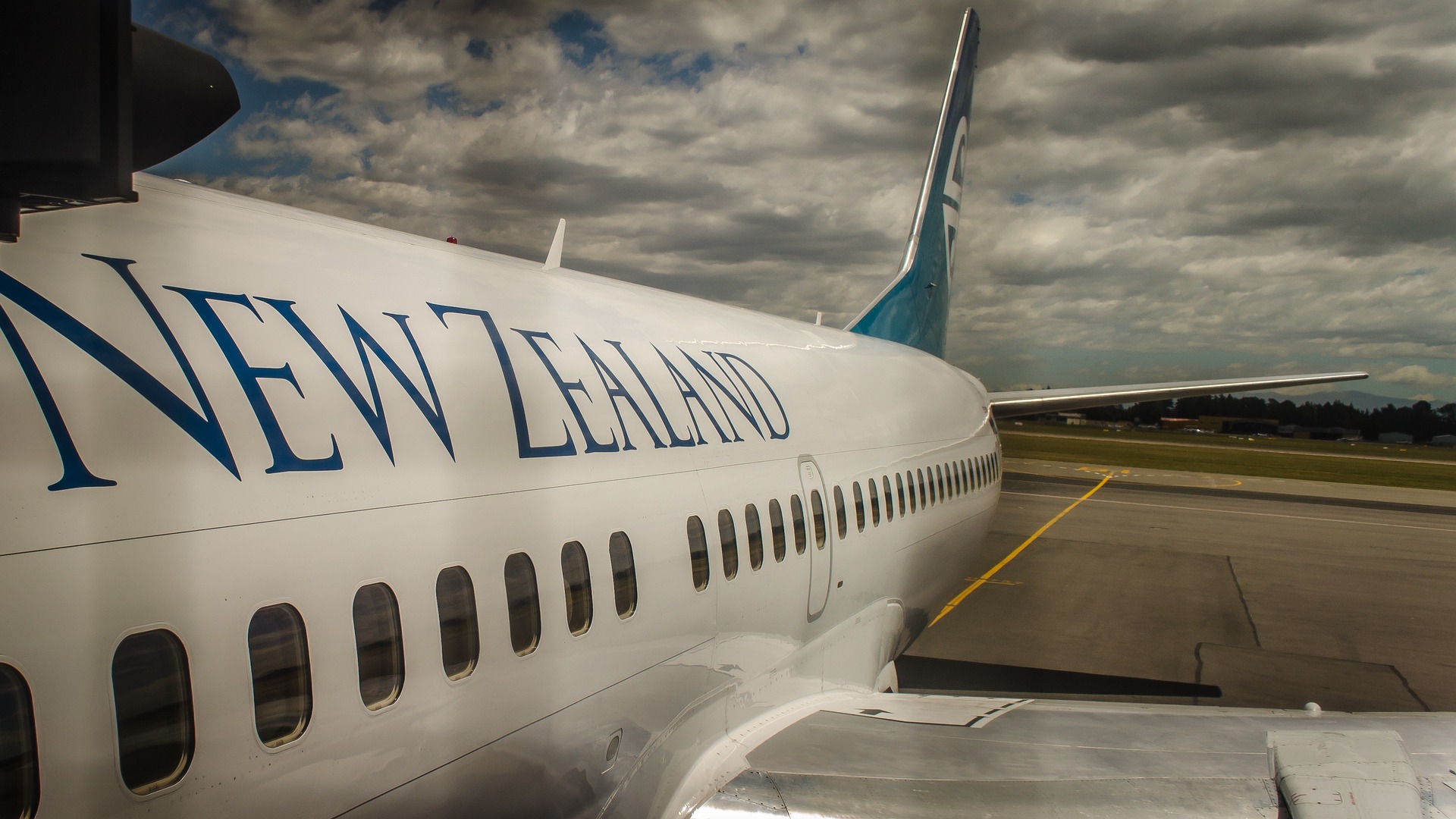
Ōtepoti – Eleven of New Zealand’s leading academics urged incoming prime minister Chris Hipkins, business leaders and politicians not to proceed or support an airport proposal at Tarras in Central Otago as it runs against prevailing research.
Professors from Otago, Canterbury, Lincoln, Victoria, Massey and Auckland universities have sent an open letter to key politicians and business people.
The researchers, with expertise in the fields of business, economics, climate science, sustainability, Māori and indigenous studies, tourism, the environment, agriculture, and policy studies, outline why the airport proposal should be shelved.
These include significant environmental, social, cultural and economic as well as political and reputational consequences of failing to reduce carbon emissions by building a new airport during a climate emergency.
The letter also raises concerns about negative impacts on Central Otago’s environment, flora and fauna, strain on regional infrastructure, impact on local and regional communities, wider economic consequences, intergenerational impacts and the wellbeing of those living locally.
The letter was sent earlier to the board of Christchurch Airport, the company behind the proposal to build an airport at Tarras. It was also sent to the airport company’s shareholders Christchurch City Council (75 percent owner) and government 25 percent).
New Zealand has committed to substantially reducing its carbon emissions. It is already proving difficult to reduce carbon emissions. Government is asking among others, the farming sector, the public sector and the energy sector, to take urgent and major steps to curb emissions.
The proposed airport at Tarras could take wide bodied, long haul jets that have a significant footprint. Reconfigured as a solar farm supporting battery electric flight would enable Christchurch airport to keep the footprint and begin the development of airport infrastructure.
Short haul battery electric flights are coming which will see an increase in demand for a larger number of smaller airports.
Hitching the anti-airport argument to emissions leaves the academic group vulnerable if Christchurch airport positions Tarras as the world’s first zero emissions flight centre.
They have bought enough land to use solar energy to create the electricity to charge the batteries. Frequent, small shuttles connecting central Otago communities could compete with ground transport in both cost and time.

